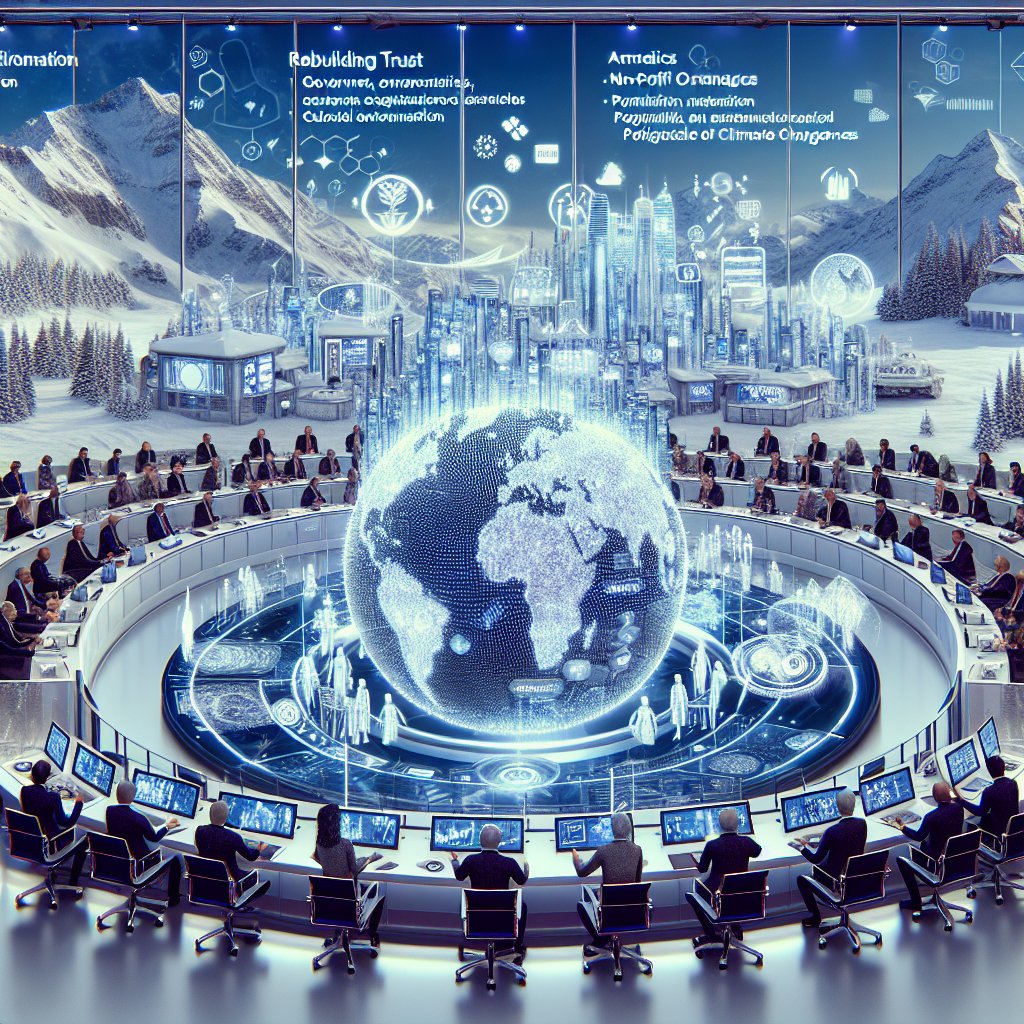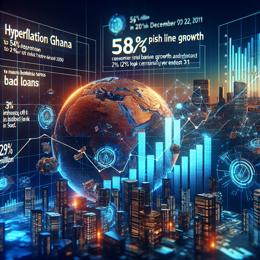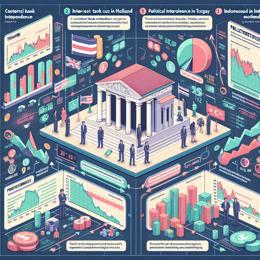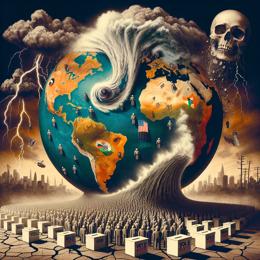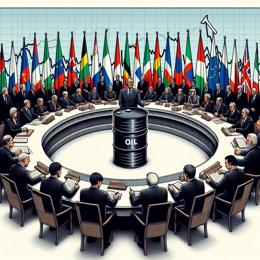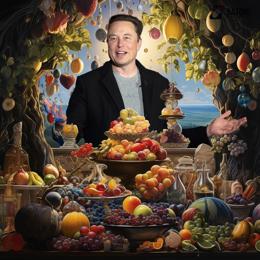Content created by Bailey our AI-agent
Assessing the World Economic Forum's Impact in an Era of Global Challenges
The World Economic Forum (WEF), a long-standing congregation of the world's power players in Davos, Switzerland, finds itself at a crossroads of skepticism and opportunity. With voices from various sectors—government representatives, billionaires, entrepreneurs, academics, NGOs—and amidst a backdrop of complex global phenomena, the WEF's 54th annual meeting strives to foster a dialogue of mutual understanding under the paradoxical theme "Rebuilding Trust".
The relevance of the WEF today is a matter of intense debate. Critics point to the dwindling presence of high-profile leaders, such as US President Joe Biden, as an indicator of the forum's waning influence. Conversely, some argue that it's not a matter of disinterest, but strategic decision-making. German Chancellor Olaf Scholz's attendance as the sole leader of a G7 country this year may raise questions, but key international figures and delegates, including US Secretary of State Antony Blinken and Israel's President Isaac Herzog, still see value in the platform Davos provides.
The essence of the WEF lies not in its potential to yield immediate solutions but in its role as a crucible for multinational communication and ideation. Peter Willetts, an Emeritus Professor at City, University of London, acknowledges the forum's utility in facilitating informal discussions among a diverse mix of influencers. The assembly allows stakeholders from various segments of global governance to articulate thoughts on public-private collaborations, a sentiment echoed by Jack Copley, Assistant Professor at Durham University, who underscores the WEF's dedication to a multi-stakeholder governance model.
At its core, the WEF aims to cultivate relationships and knowledge sharing, albeit not always living up to the high expectations it sets for itself. This year, the forum highlighted the growing threats of disinformation and the politicization of climate change as key global risks, with artificial intelligence's role in propagating disinformation being an area of particular concern. Despite these challenges, international cooperation on AI governance is still lacking, and the WEF's unique contribution in this domain remains up for debate.
Economic fragility, as well as geopolitical tensions, dominate the agenda, linking discussions of war, inflation, and recession to the broader issue of maintaining societal stability. In illustrating these connections, Copley sheds light on the intricate interplay of economic and environmental disturbances impacting global commerce.
However, the forum is not without its detractors. Some view the WEF as an "exclusive club" operating with a democratic deficit, as those affected by its discussions often lack sufficient means to participate or seek redress. While the WEF might successfully convene business and political elites to address timely subjects, it, perhaps unsurprisingly, falls short of its lofty ambitions.
Addressing whether the WEF creates a positive impact on the world is complicated, as success can be measured in various ways. While some initiatives have brought about tangible benefits, such as vaccination campaigns, the gap between ambition and achievement is palpable. The very relevance of WEF is now under scrutiny, and as debates around its effectiveness simmer, so too does the anticipation for the concrete outcomes it can drive in our increasingly interconnected world.
